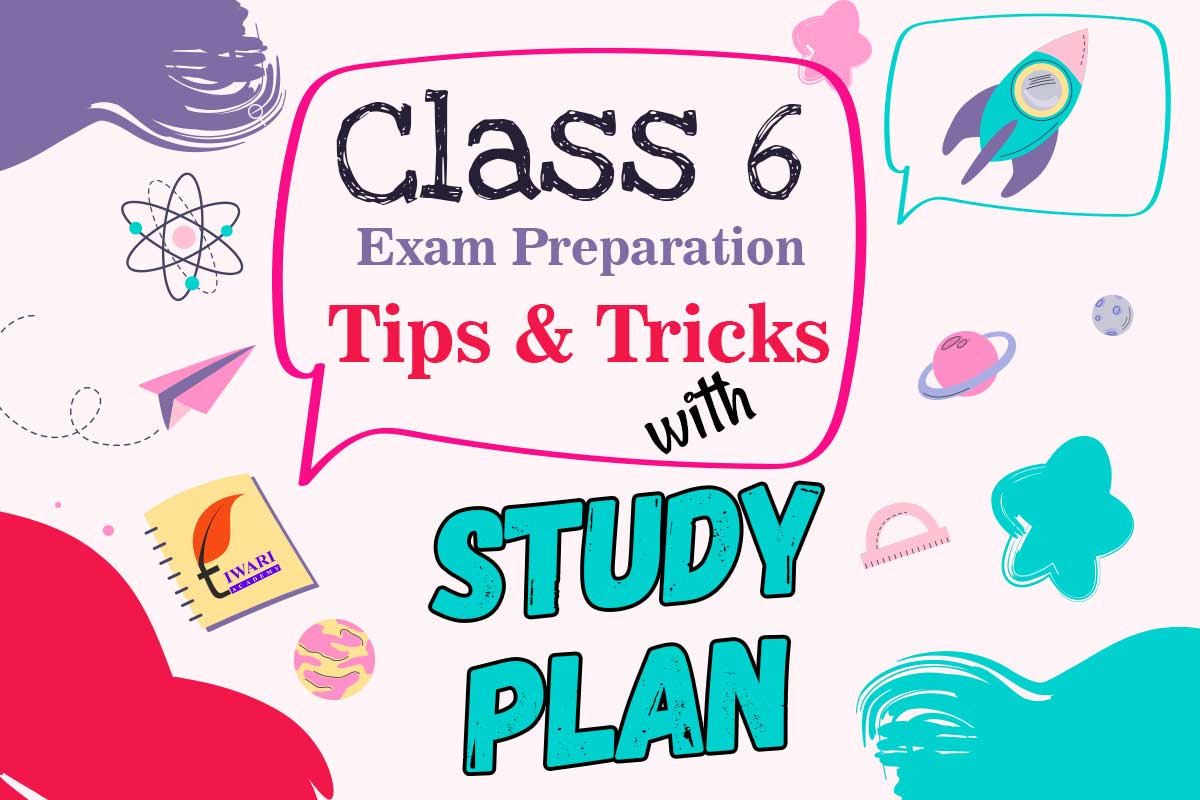This guide is specially designed for Class 6 students following the CBSE NCERT syllabus, aiming to simplify their learning journey and enhance academic performance. Understanding core concepts is essential at this stage, as it lays a strong foundation for future classes. Students should focus on grasping the fundamental principles in subjects like Mathematics, Science and Social Science while honing their language skills in English and Hindi. Prioritizing critical topics is key to efficient learning.

